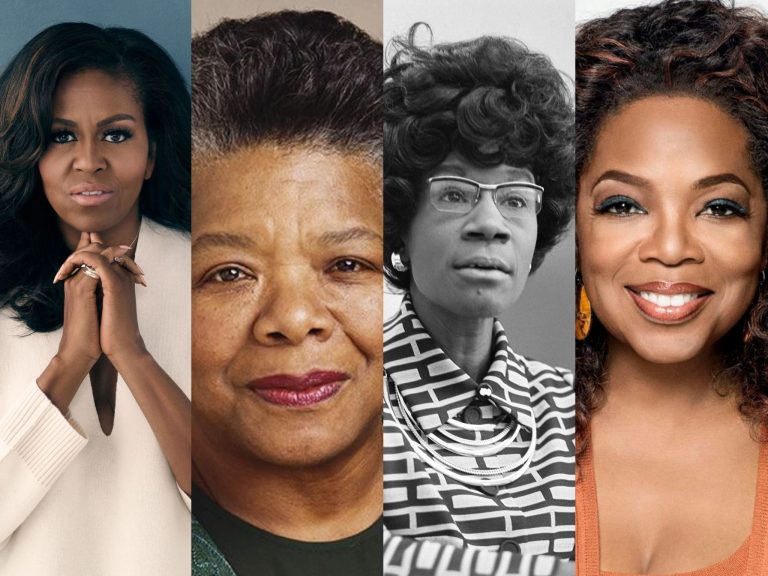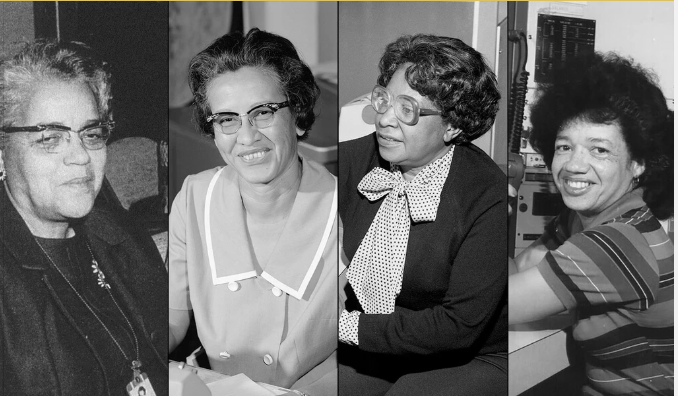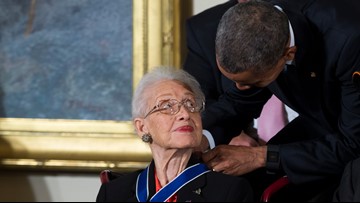As Black History Month unfolds, it’s imperative to honor and celebrate the monumental contributions of Black women who have reshaped our world. From civil rights pioneers to trailblazing scientists, their legacies continue to inspire generations. Here are 10 remarkable Black women who have left an indelible mark on history:
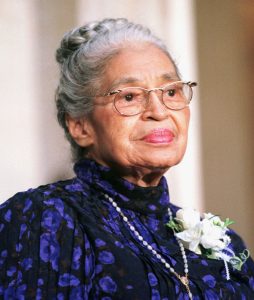
Rosa Parks
Often hailed as the “Mother of the Civil Rights Movement,” Rosa Parks’s refusal to give up her seat on a segregated bus in Montgomery, Alabama, sparked a wave of protests and catalyzed the Civil Rights Movement.
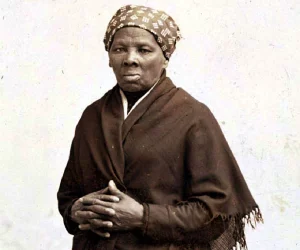
Harriet Tubman
Known as the “Moses of her people,” Harriet Tubman escaped slavery and dedicated her life to leading others to freedom through the Underground Railroad, risking her life countless times to liberate enslaved individuals.
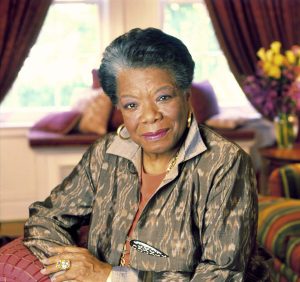
Maya Angelou
Renowned poet, author, and civil rights activist, Maya Angelou‘s literary works, including “I Know Why the Caged Bird Sings,” shed light on the African American experience and continue to resonate with readers worldwide.
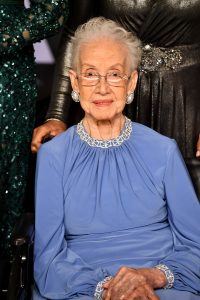
Katherine Johnson
A pioneering mathematician at NASA, Katherine Johnson’s calculations were instrumental in launching the first American astronaut into space and played a crucial role in the success of the Apollo moon landing missions.
Madam C.J. Walker
As the first female self-made millionaire in America, Madam C.J. Walker revolutionized the haircare industry for Black women with her line of beauty products and empowered countless individuals through entrepreneurship.
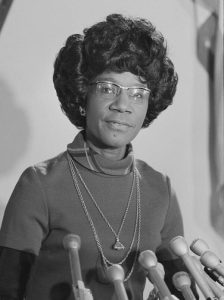
Shirley Chisholm
A trailblazing politician, Shirley Chisholm shattered barriers as the first African American woman elected to the United States Congress and the first Black candidate for a major party’s nomination for President of the United States.
Audre Lorde
A prolific writer, poet, and feminist, Audre Lorde’s works explored themes of race, gender, and sexuality, challenging societal norms and advocating for social justice and equality.

Oprah Winfrey
From her groundbreaking talk show to her philanthropic endeavors, Oprah Winfrey has become one of the most influential figures in media and entertainment, using her platform to amplify marginalized voices and inspire millions worldwide.
Dr. Mae Jemison
As the first African American woman to travel in space, Dr. Mae Jemison broke barriers in the field of space exploration and continues to advocate for STEM education and diversity in the sciences.

Michelle Obama
As the first African American First Lady of the United States, Michelle Obama championed numerous initiatives to promote health, education, and empowerment, leaving a lasting impact on communities both domestically and globally.
These remarkable Black women have left an indelible legacy, inspiring future generations to dream big, persevere in the face of adversity, and work towards a more just and equitable world. As we celebrate Black History Month, let us honor their contributions and continue to uplift their stories for generations to come.
